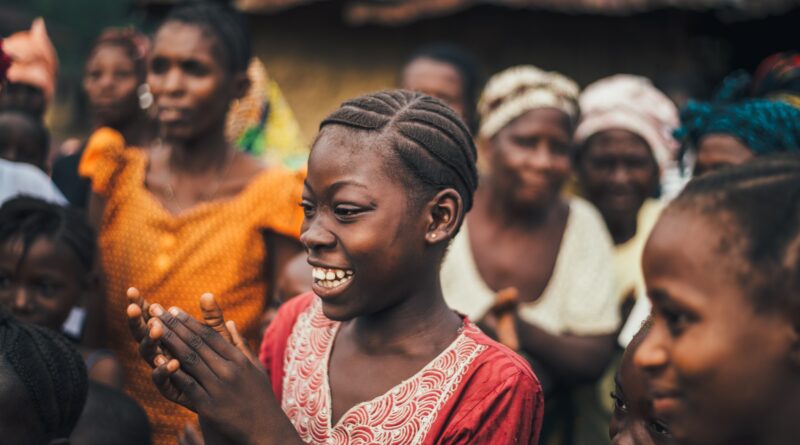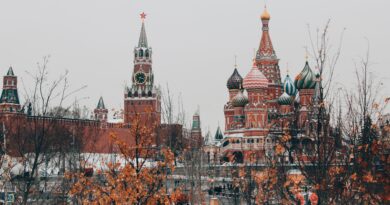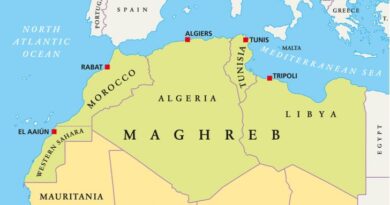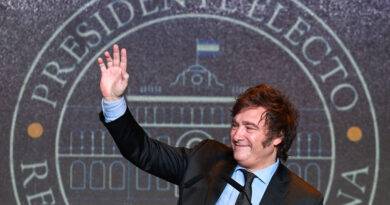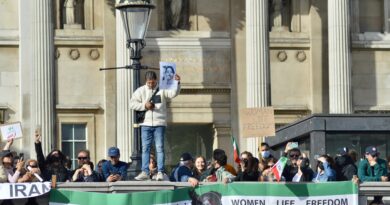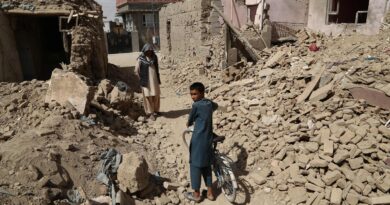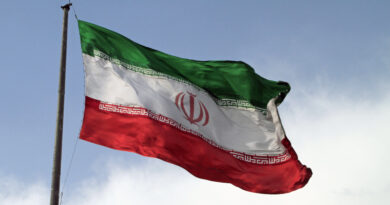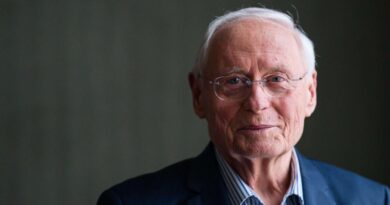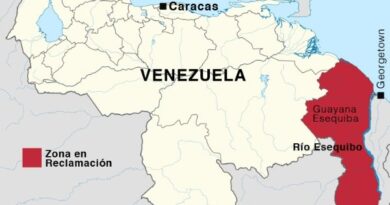Africa, the continent that is only looked at in the catastrophe
LAURA FEAL
Dakar Rally
In the conventional western media there are few times, if not null, that the African continent is looked at. Let's qualify: yes, it is looked at, but to reinforce prejudices and preconceived ideas and hardly enough space or attention to provide depth and context in the topics discussed, most of the time. Wars, diseases and coups are presented with hardly any analysis of the complex causes that generate them or the implications that the Western powers play in each of these circumstances.
Some laudable initiatives of small alternative information projects have emerged in recent years to respond to this lack, but the truth is that the information on what is really happening on the continent is conspicuous by its absence in the mainstream media, or is labeled in rubrics or second rate blogs.
Although the existence of the latter allows a "specialized" or "curious" public access to other types of information about the continent, the truth is that these issues take time to permeate the mass media, and to be inserted normally. in the headings of Economy, Culture or International.
agenda item
The interests between Europe and Africa are multiple and of various kinds: commercial, political, social, etc., as is to be expected between spaces that have been historically very close (slavery, colonization, neo-colonialism) and whose northern border is only 14 km from Spain. . The big media set the agendas of the information that reaches us, being for example the issue of African emigration to Europe one of the most hackneyed battle horses, with highly manipulated interpretations to influence our politics and cover up the close links with our system. economic. The companions of the For Cause Foundation They explain it in the investigation carried out on the immigration control industry, in which almost 3.000 public contracts and close to 1.000 million euros are analyzed to understand who benefits from this business, pointing out some of the main Spanish companies and the Ibex 35.
The issue of security in the Sahel is another of the great issues that is interesting to talk about in a certain way, due to the military, economic, and political interests that are at stake. The reductionism of the West tries to link the conflict in this area to exclusively religious issues, which has lasted more than 10 years and has caused more than 25.000 deaths and thousands of displaced people.
Senegalese intellectuals Boubacar Boris Diop and Malian Aminata Traoré also give an account of the intricate and unequal relations between the West and Africa in the recently published epistolary essay in Spanish "The Glory of Impostors", which although it dates from 2012 is still rigorously current.
Despite these realities that exist and that should not be ignored, the truth is that terrorism and war are not the main concerns of the population that lives here, but unemployment, or more everyday issues that are overshadowed -in their informative treatment and in their prioritization on the national and international political agenda- due to the great weight of the dominant media narratives.
The importance of the narrative, in addition to what is told and how it is told, is of paramount importance in our relationship with the continent and its populations, with whom we have many ties. Africa is largely absent from textbooks, films, headlines... that is why meetings and spaces for joint work between Spanish and African journalists, such as those regularly organized by Africa House or the one promoted by the Senegalese organization hahatay under the title JournAfrique, journalism between the two shores, are of great importance to refocus the debate and identify fairer accounts, agreed between critical and committed professionals from the two territories.
What the continent can bring to the West
In the year 2100, the neighboring continent will represent 40% of the world's population and will be home to one in two young people on the planet. It is currently home to the largest free trade area in the world in terms of the number of people (1200 billion inhabitants), the African Continental Free Trade Area, which for a few years has been creating a completely new development path by taking advantage of the potential of its resources and population. In recent years, Africa has moved at an overwhelming speed: with obvious and well-known challenges in many areas, perhaps the most unknown are those initiatives and trends that can offer alternative and innovative responses to other areas of the world, hit by different crises.
In the month of March 2022, the fourth edition of the Thought Workshops (The Ateliers of the Pensée), an initiative of the Senegalese economist and philosopher Felwine Sarr and the Cameroonian historian Achille Mbembe, two of the main African voices today. More than forty great figures from all disciplines (economics, politics, art, academia) gathered there, coming from all over the continent and also its diaspora, to reflect on other ways of dealing with current planetary emergencies, such as the ecological crisis or geopolitical restructuring from non-dominant paradigms.
Africa is offering answers in terms of the environment, being the area of the world that contributes the least to it, but the most affected by climate change. There are innovative projects such as the Great Green Wall, an initiative led by the African Union to help combat the effects of climate change and desertification, with the creation of a great mosaic of green and productive landscapes that cover North Africa, the Sahel and the Horn of Africa. Or the fight against plastic carried out by countries like Rwanda or Kenya that, with strongly restrictive measures, have managed to improve their indicators. The country of the Great Lakes, together with Peru, has initiated the proposal to sign a global treaty to eliminate plastic pollution, which was supported by another 60 states in February 2022.
In terms of health, there are very interesting initiatives for early warning or telemedicine systems that have been tested during covid-19. Contrary to the forecasts of the large international agencies that predicted a continent “populated with dead on the streets”, the impact of the pandemic has been less than expected. The reasons point to numerous variables, both scientific (greater degree of coexistence of the population with viruses), technical (low count of cases), social (outdoor lifestyle) or health (greater experience in managing epidemics and systems well-rounded community health).
At the political level, we would have much to reflect on the refugee reception system of some countries on the continent, such as Uganda, home to more than a million refugees who have been settled and received in local communities, allowing many to earn a living , which has earned it the recognition of UNHCR as an example of management to imitate. It must be remembered that Africa currently hosts some 30 million refugees, a third of all displaced people worldwide.
It would also be interesting to know the proposals of citizen movements such as And in a Marre in Senegal, the Balai Citoyen in Burkina Faso or The struggle in the Democratic Republic of the Congo that, through social networks and art, have managed to mobilize youth against corrupt or dysfunctional systems, with the objective not of political power but of democratic control. Several countries in the continent are at the forefront in the application of new technologies for the benefit of communities against street harassment, grassroots services, pest control, agricultural market management or other issues.
In matters of artistic creation, the continent could not be experiencing a better moment of international recognition of its writers. In 2021, the Tanzanian Abdulrazak Gurnah won the Nobel Prize for Literature, the Mozambican Paulina Chiziane with the Camões prize, the Senegalese David Diop with the International Booker, another compatriot, Mbougar Sarr with the Goncourt, not to mention the demonstration of critical thinking and committed creativity that took place last May at the 14th Dakar Biennale of Contemporary Art.
Although the contexts differ, it is of special interest to look at the great neighbor to the South with different eyes, away from the historical paternalism that we carry on our backs, and to see what we can learn from the winds of change that are blowing there.
Laura Ugly is a journalist and lives in Senegal.

